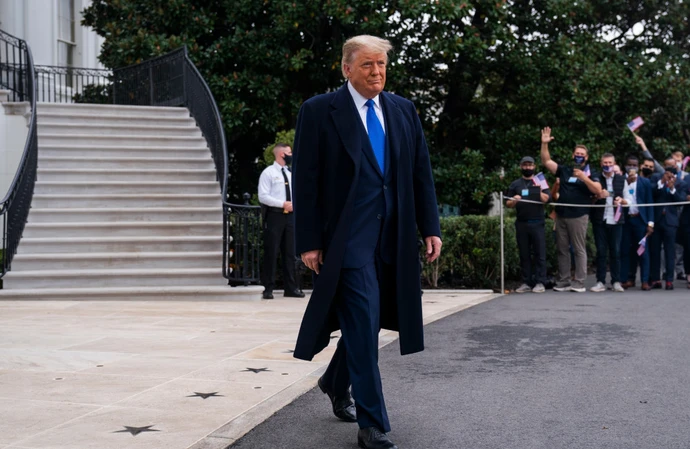US rockers Semisonic condemn White House's use of Closing Time in deportation video
The rock band called out the White House’s use of their hit song ‘Closing Time’ in a video depicting customs agents arresting deportees.

Semisonic has condemned the White House for using their song in a video about deportation.
The rock band — best known for their 1998 hit single ‘Closing Time’ — fired back at the White House for using the song in an X post that depicted the sweeping deportation motions by US President Donald Trump’s administration.
Semisonic said in an X post: “We did not authorize or condone the White House’s use of our song ‘Closing Time’ in any way. And no, they didn’t ask. The song is about joy and possibilities and hope, and they have missed the point entirely.”
The White House posted a video, set to ‘Closing Time’, of Border Patrol agents handcuffing men and ushering them onto planes to be deported. The post was captioned with lyrics from the song: “You don't have to go home but you can't stay here”.
The caption also tagged the US Customs and Border Protection account, which re-posted the White House’s video with another reference to Semisonic’s track: “It's closing time. We are making America safe again.”
The post came days after the Trump administration deported hundreds of alleged Venezuelan gang members to a prison in El Salvador, despite US District Judge James E Boasberg’s block on the deportation.
Other artists have condemned Trump for using their music without consent since his first campaign and win in 2016.
Just last year, Beyoncé, Celine Dion, Foo Fighters, Isaac Hayes, and Jack White called out the president — who began his second term on January 20, after winning the election in November— for using their work without permission. Hayes’ estate and White even took legal action.












